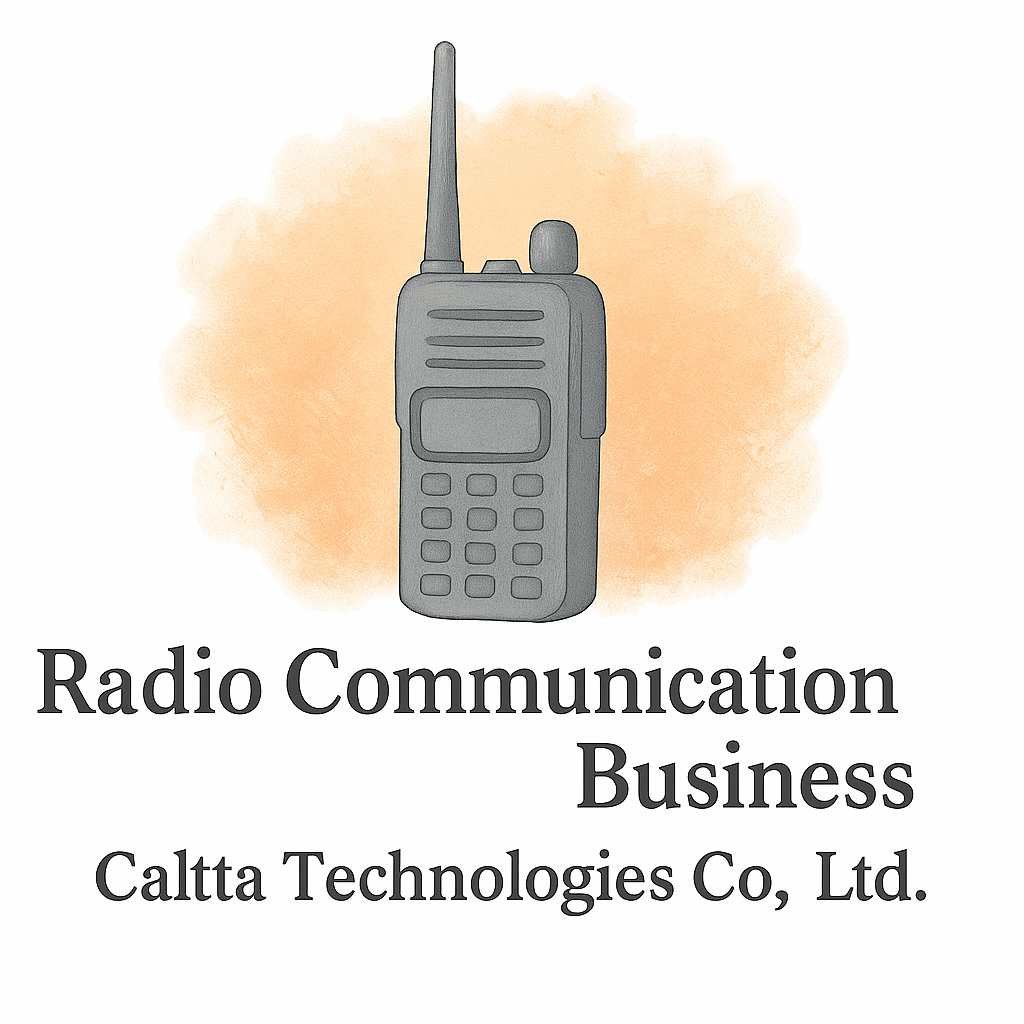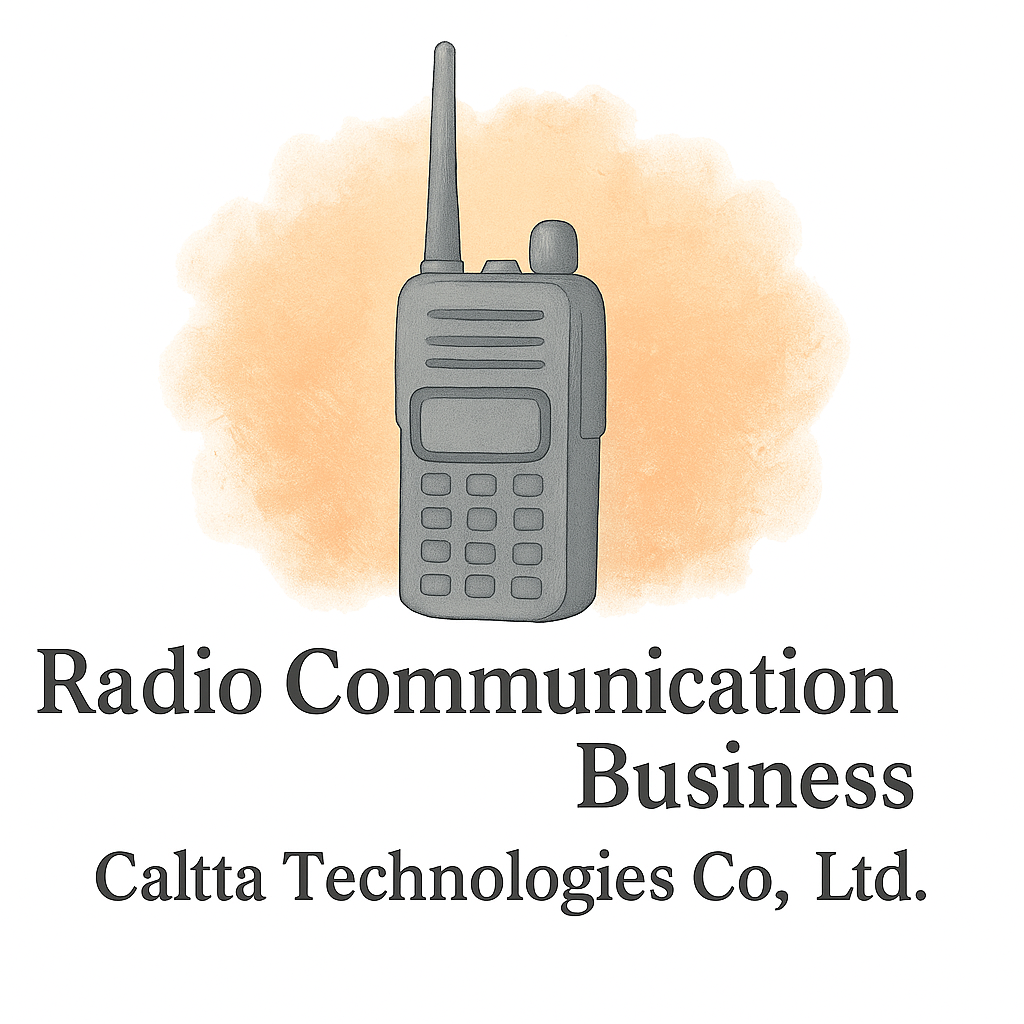Introduction
Starting a radio communication business? Let me stop you right there—before you flip the switch and fire up the first transmitter, we need to talk planning. Business planning, to be exact. It’s the bedrock of success in any industry, but in the highly technical, regulation-heavy world of radio communication, it’s downright crucial.
From budgeting blunders to regulatory mishaps, I’ve seen countless promising ventures crumble under the weight of avoidable errors. So, I’ve put together this comprehensive guide on the 9 most costly mistakes to avoid in radio communication business planning. Let’s help you skip the facepalms and build a business that’s signal-strong from the start.
Want the basics? Check out our Business Startup Basics to set a solid foundation.
Why Planning is Critical in the Radio Communication Industry
This isn’t just walkie-talkies and dispatch systems. The radio communication industry is a high-tech, highly regulated, and constantly evolving arena. Planning gives you clarity, control, and a competitive edge—without it, you’re flying blind in a storm.
Mistake #1: Ignoring Market Research
Understanding the Industry Landscape
Jumping in without understanding your market is like trying to tune into a signal on the wrong frequency. Are you targeting emergency services? Construction firms? Events and hospitality? Knowing your segment is crucial.
Visit our Industry Insights to dig deeper into the current radio communication trends.
Overlooking Customer Needs
Don’t assume everyone wants the same features. Some want rugged durability, others crave long-range performance. Your solutions need to match real-world problems—not imaginary ones.
For more on what to avoid, check our tag: #avoid
Mistake #2: Failing to Budget Accurately
Underestimating Startup Costs
One of the most common startup mistakes is underestimating how much cash you’ll need to get rolling. Equipment, licenses, office space, staff—it adds up fast.
Explore the Business Setup section to learn more about realistic cost planning.
Forgetting Ongoing Operational Expenses
It’s not just about setup. Monthly service plans, software subscriptions, maintenance, and marketing costs can bleed you dry if you’re not ready for them.
Need budgeting hacks? Our #budget tag has you covered.
Mistake #3: Not Complying with Regulations
Legal Requirements for Radio Businesses
Licenses, insurance, zoning laws—radio communication companies face a minefield of regulations. Don’t assume you’re exempt.
Check our detailed guide on compliance to stay on the right side of the law.
Spectrum Licensing and Frequency Allocation
This is big. Using the wrong frequencies or failing to obtain spectrum licenses can lead to heavy fines—or worse, shutdowns.
Stay informed with our tag on #law and #regulation.

Mistake #4: Using Outdated or Inadequate Equipment
Investing in the Right Technology
Your gear is your lifeline. Poor-quality radios or outdated tech will sabotage your reputation. Invest in cutting-edge tools that offer clarity, range, and durability.
Browse our Equipment & Technology section for what’s hot and what’s not.
Staying Ahead with Equipment Upgrades
Tech evolves. What worked five years ago may now be obsolete. Make regular upgrades part of your long-term plan.
Need more tips? Check #equipment and #tech.
Mistake #5: Lack of a Solid Marketing Strategy
Identifying Your Target Audience
If you’re marketing to everyone, you’re selling to no one. Define your ideal customer and tailor your message accordingly.
Leveraging Digital Marketing and Social Media
Use every tool in the toolbox—SEO, email campaigns, and especially social media marketing. Visibility is everything.
Visit our Marketing & Branding hub and explore the #social-media tag for next-level tips.
Mistake #6: Overlooking Competition
Competitive Analysis and Differentiation
Who else is serving your target market? What makes you better? You need to analyze competitors and position your brand smartly.
Positioning Your Brand Effectively
Your USP (unique selling proposition) is your power play. Communicate it loud and clear—like a radio signal at max strength.
Tap into #marketing and #promotion for brand positioning hacks.
Mistake #7: Poor Financial Planning
Cash Flow Management
Revenue is vanity, but cash flow is sanity. Poor cash flow sinks more businesses than poor sales. Build a buffer, track expenses, and plan ahead.
Our Financial Planning resources can help you master your money game.
Seeking Professional Financial Advice
Don’t DIY your finances. A good accountant or financial advisor is worth their weight in gold—especially when tax season rolls around.
Dive into #cost-saving and #tips for more.
Mistake #8: Weak Business Model Structure
Defining Revenue Streams
Are you renting equipment, selling it, or offering service packages? Diversify income sources to reduce risk and boost profits.
Adapting to Market Shifts
The market evolves. Your business model should too. Be flexible and adapt your offerings as technology and needs change.
Learn from the best at our #business and #changes tags.
Mistake #9: Inadequate Team and Poor Leadership
Hiring Skilled Talent
This isn’t the place to cut corners. Experienced staff with radio tech knowledge, customer service chops, and sales skills are non-negotiable.
Explore leadership and staffing #hacks.
Developing Strong Leadership Skills
You’re the captain of this ship. Strong leadership builds strong teams, drives innovation, and keeps everything aligned.
Read up on real-world leadership at #entrepreneur and #networking.
Conclusion
Planning your radio communication business doesn’t have to feel like tuning into static. By avoiding these 9 costly mistakes, you’ll build a venture that’s clear, compliant, and competitive.
Don’t wing it. Prepare, research, plan, and execute like a pro. Let your business signal be strong and steady—always.
Want more pro tips and industry insights? Visit Caltta International and start your journey with expert guidance.
FAQs
1. What licenses do I need to start a radio communication business?
You’ll need frequency spectrum licenses, business permits, and possibly zoning or operational clearances depending on your location. Visit #compliance for more.
2. How much should I budget for equipment?
Expect to spend between $10,000–$100,000+ depending on the scale. Learn more in our Equipment & Technology section.
3. How do I market a radio communication business?
Use SEO, social media, email marketing, and industry networking. Visit Marketing & Branding for expert strategies.
4. Can I run a radio business from home?
Possibly, but you’ll need to ensure compliance with zoning and frequency use regulations. Check #law.
5. What are common startup mistakes in this field?
Underbudgeting, ignoring regulations, and using poor equipment top the list. Visit #startup to avoid them.
6. How do I find reliable radio equipment suppliers?
Look for trusted vendors with solid reviews and compliance certifications. Start at #equipment.
7. What industries use radio communication the most?
Construction, security, logistics, hospitality, emergency services. Check out our Industry Insights for sector-specific info.


